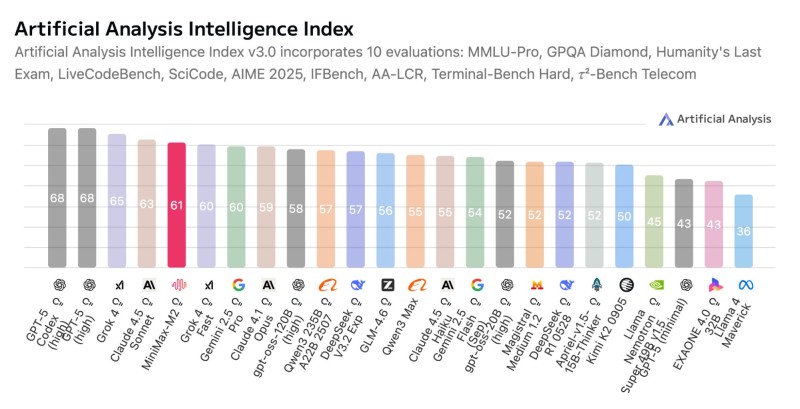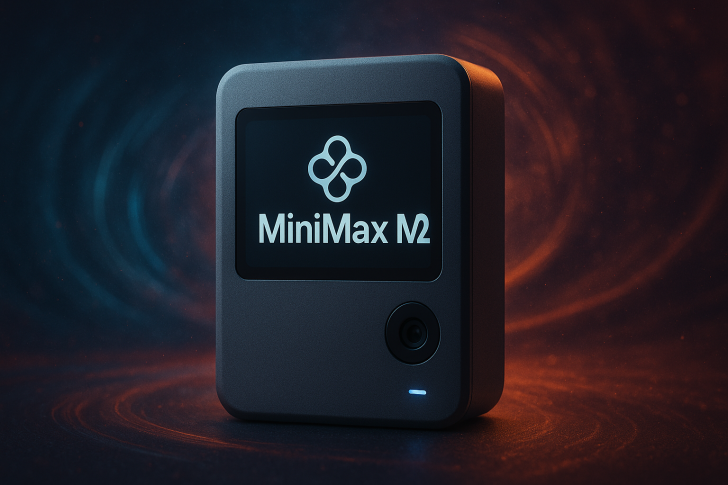The buzz isn't just hype—MiniMax's new M2 reportedly beats some of the biggest names in AI while being dramatically cheaper. Unlike traditional chatbots designed for conversation, M2 is built from the ground up to act autonomously: using tools, making decisions, and executing multi-step tasks without constant human input. If the claims pan out, we might be witnessing a turning point in how AI systems work.
What Makes M2 Different?
When God of Prompt tweeted that "MiniMax just dropped M2 and it might be the first real agent-native model," the AI community took notice. MiniMax M2 isn't trying to be another GPT or Claude. It's engineered specifically for autonomous agents—AI that can think, act, and verify results on its own. Using a Mixture-of-Experts architecture, M2 packs about 230 billion parameters but only activates roughly 10 billion per token, keeping costs and latency low while maintaining strong performance.

Here's what sets it apart:
- Native tool support for browsers, APIs, and shell environments—no bolted-on plugins
- Open-weight licensing so developers can self-host and customize without vendor lock-in
- Low cost and latency making it practical for continuous agent workflows
In short, M2 is built to be the "brain" of self-operating AI systems that retrieve data, take action, and learn from outcomes—all without waiting for human commands.
Why This Matters
Early benchmarks show M2 outperforming Claude 4.1, Gemini 2.5, and Qwen3 on agentic tasks like tool use and coding. Its combination of performance and affordability could reshape the AI landscape by making advanced automation accessible to more developers. It also highlights a broader shift: the AI race is moving from closed-source competition to open, modular ecosystems designed for automation, not just conversation.
Of course, there are questions. Real-world reliability is still unproven, and running complex agent workflows requires solid infrastructure—not everyone has that yet. Plus, open-source models always bring concerns about security and misuse. But even with these caveats, M2 pushes the boundaries of what open AI can do.
Whether M2 is truly the "first real agent-native model" is still up for debate. But one thing's clear: we're moving beyond chatbots into a world where AI operates independently, managing tasks and making decisions on its own. If MiniMax's claims hold up, M2 might not just be another model release—it could mark the start of a new era where cost, openness, and autonomy redefine AI development.
 Saad Ullah
Saad Ullah

 Saad Ullah
Saad Ullah


